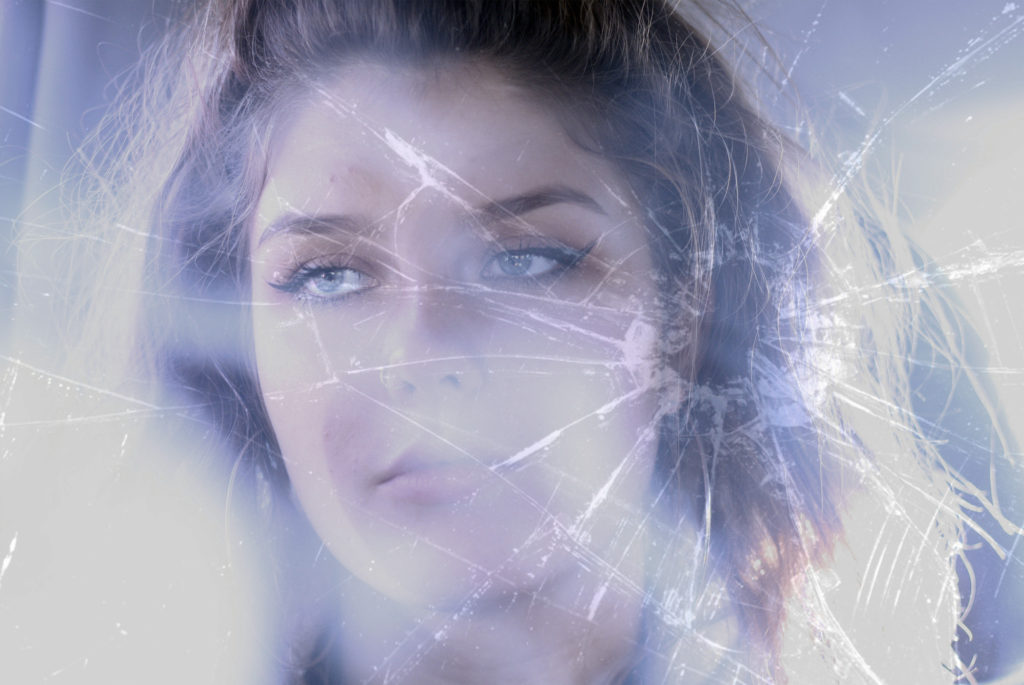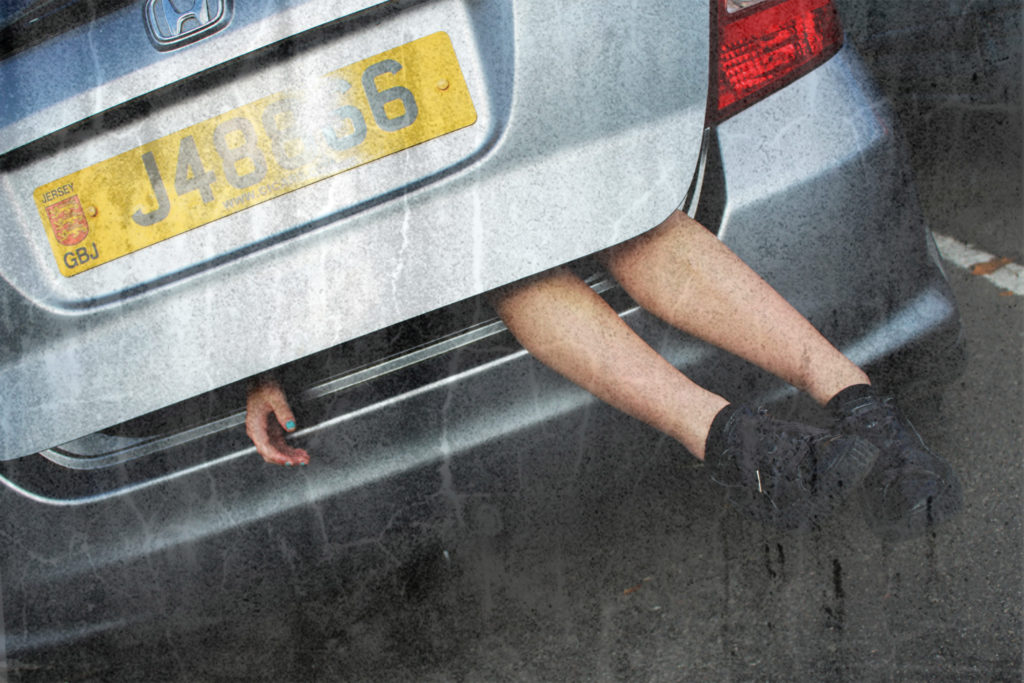Harvard System of Referencing
Bibliography:
Barthes, R.(1993).Camera Lucida.
London:20 Vauxhall Bridge Road
Quote inside text:
Critic Roland Barthes says; ‘Hence it was necessary to take a look for myself.'(Barthes 1993:18)
Harvard System of Referencing
Bibliography:
Barthes, R.(1993).Camera Lucida.
London:20 Vauxhall Bridge Road
Quote inside text:
Critic Roland Barthes says; ‘Hence it was necessary to take a look for myself.'(Barthes 1993:18)

Landscape – Bunkers (Fortified Landscapes)
Objects – Controlled still life in studio
Great-grandfather – Forced Laborer in Poland WWII
Jersey Sea Wall – Built by forced labor
Research: – History of forced labor in Jersey; Contact Tony Pike, knowledge of concrete (Aggregates used, which quarry) – Know about who Built sea wall in Bel Royal area – Research story of Great-grandfather.
Book: Forced laborer diary WWII
Plan: Photograph sea wall (limit 3D forms); Experiment with distance and lighting (time of day) – Establishing shots of beach and sea surrounding the wall.
Artist Studies: Darren Harvey-Regan (The Erratics) – Bernd and Hilla Becher.
This project shows the the work in jersey, potato picking in particular from the perspective of the migrant workers. They are usually seasonal workers and on minimum or a low wage. Their side of the story is never really displayed, making them almost invisible within the society of Jersey. The workers have been working in Jersey for around 150 years and have been a crucial part of Jersey's economy and this project wants to show that although they are in Jersey to work, they too are humans with emotions and lives and that the people of Jersey need to treat them as humans rather than immigrants or workers.











Occupation vs. Liberation:

The words occupation and liberation carry a lot of different meanings and connotations. This title could be taken literally as the occupation and liberation of an island such as Jersey during WWII as we have studied and explored in detail this year. However, occupation and liberation can mean a lot more. The occupation or line of work someone is in, the occupation and liberation of their minds on a much deeper and more personal level or simply the things people do to keep themselves occupied throughout their day.

My response:
For my personal investigation I will explore the relationships between friends. I will show how as people we rely on each other for our own well being. I will attempt to explore how my friends and I use our free time to have a break from the outside world and explore the deeply personal aspects of our relationship. And the emotional connection and unconditional understanding that comes with friendships. This investigation will showcase our common interests and what brings us together as individuals, and explore the relationship between our outside lives and lives behind closed doors as the less visible impacts we have on one another.
In a more literal context my personal investigation will follow the concept that our ‘occupation’ is the our state of mind towards life, ourselves and each other, and that our ‘liberation’ stems from our downtime with people we care about and what we choose to do with them, as our individual ‘therapies’. I will attempt to capture images from a range of photo shoots and real life situations showing versatile locations and activities to capture candid shots of the people I surround myself with, and gain a better understanding of how we spend our time together as well as what it means to be ‘liberated’ by those around us.
This is something I have briefly explored earlier on in the course and would like to focus on in more detail and on a deeper level than before.
Examples of earlier work as reference points:

